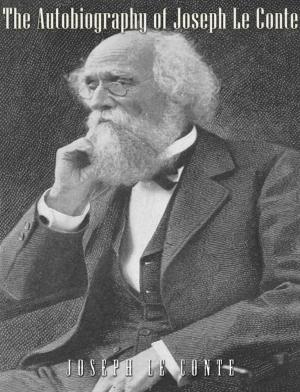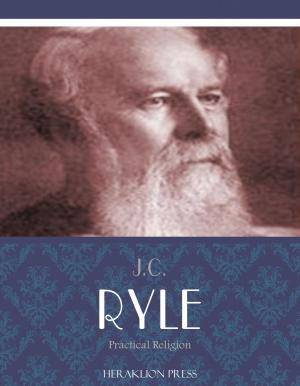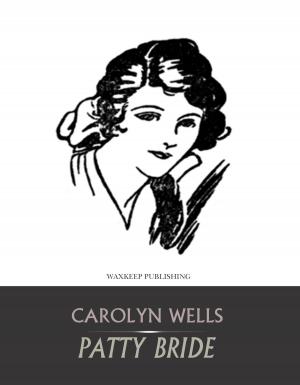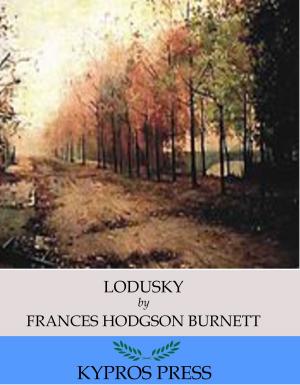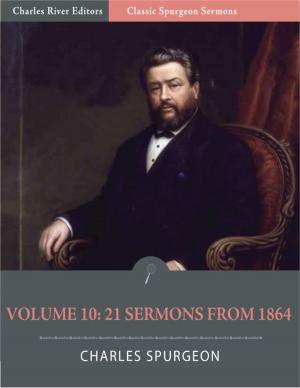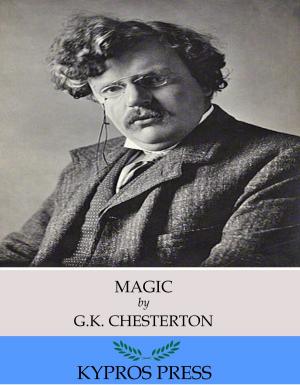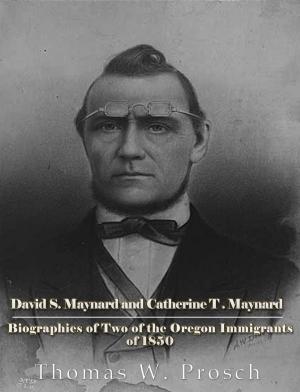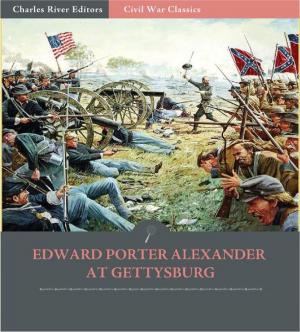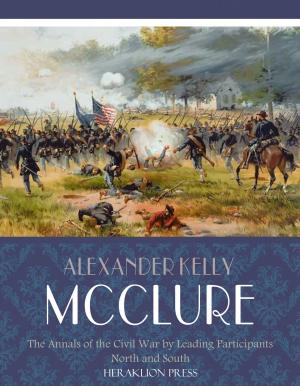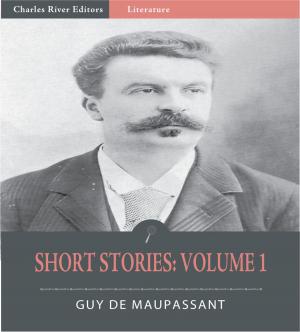| Author: | John Kendrick Bangs | ISBN: | 9781619821422 |
| Publisher: | Charles River Editors | Publication: | January 18, 2012 |
| Imprint: | Language: | English |
| Author: | John Kendrick Bangs |
| ISBN: | 9781619821422 |
| Publisher: | Charles River Editors |
| Publication: | January 18, 2012 |
| Imprint: | |
| Language: | English |
John Kendrick Bangs (1862-1922) was an American writer and satirist who worked on several well known publications in America, including In 1888 Bangs left Life to work at Harper's Magazine, Harper's Bazaar and Harper's Young People. From 1889 to 1900 he held the title of Editor of the Departments of Humor for all three Harper's magazines and from 1899 to 1901 served as active editor of Harper's Weekly. Napoleon was unquestionably the most influential man of the 19th century, leaving an indelible mark on everything from the strategy and tactics of warfare to the Napoleonic Code that drafted laws across the continent. To defeat Napoleon, the Europeans had to form large coalitions, which would lead to entangling alliances that brought about World War I after Europe was rebuilt following Waterloo and the Congress of Vienna. Napoleons influence on the United States was just as palpable. To finance his endeavors, he struck a deal with President Thomas Jefferson that became the Louisiana Purchase. It was Napoleonic warfare that was used throughout the Civil War, leading to massive casualties because the weaponry of the 1860s was now more advanced than the tactics of 1815. When Napoleon died at St. Helena, he still engendered fear and distaste among the Europeans, but the man and his legacy were admired and even held in awe and high esteem in the United States. Bangs fictional writing abilities shine in Mr. Bonaparte of Corsica, a fictional history that will give readers an overview of Napoleons life and reign but is meant mostly to entertain. This edition is specially formatted with images, original commentary, and a linked Table of Contents.
John Kendrick Bangs (1862-1922) was an American writer and satirist who worked on several well known publications in America, including In 1888 Bangs left Life to work at Harper's Magazine, Harper's Bazaar and Harper's Young People. From 1889 to 1900 he held the title of Editor of the Departments of Humor for all three Harper's magazines and from 1899 to 1901 served as active editor of Harper's Weekly. Napoleon was unquestionably the most influential man of the 19th century, leaving an indelible mark on everything from the strategy and tactics of warfare to the Napoleonic Code that drafted laws across the continent. To defeat Napoleon, the Europeans had to form large coalitions, which would lead to entangling alliances that brought about World War I after Europe was rebuilt following Waterloo and the Congress of Vienna. Napoleons influence on the United States was just as palpable. To finance his endeavors, he struck a deal with President Thomas Jefferson that became the Louisiana Purchase. It was Napoleonic warfare that was used throughout the Civil War, leading to massive casualties because the weaponry of the 1860s was now more advanced than the tactics of 1815. When Napoleon died at St. Helena, he still engendered fear and distaste among the Europeans, but the man and his legacy were admired and even held in awe and high esteem in the United States. Bangs fictional writing abilities shine in Mr. Bonaparte of Corsica, a fictional history that will give readers an overview of Napoleons life and reign but is meant mostly to entertain. This edition is specially formatted with images, original commentary, and a linked Table of Contents.

